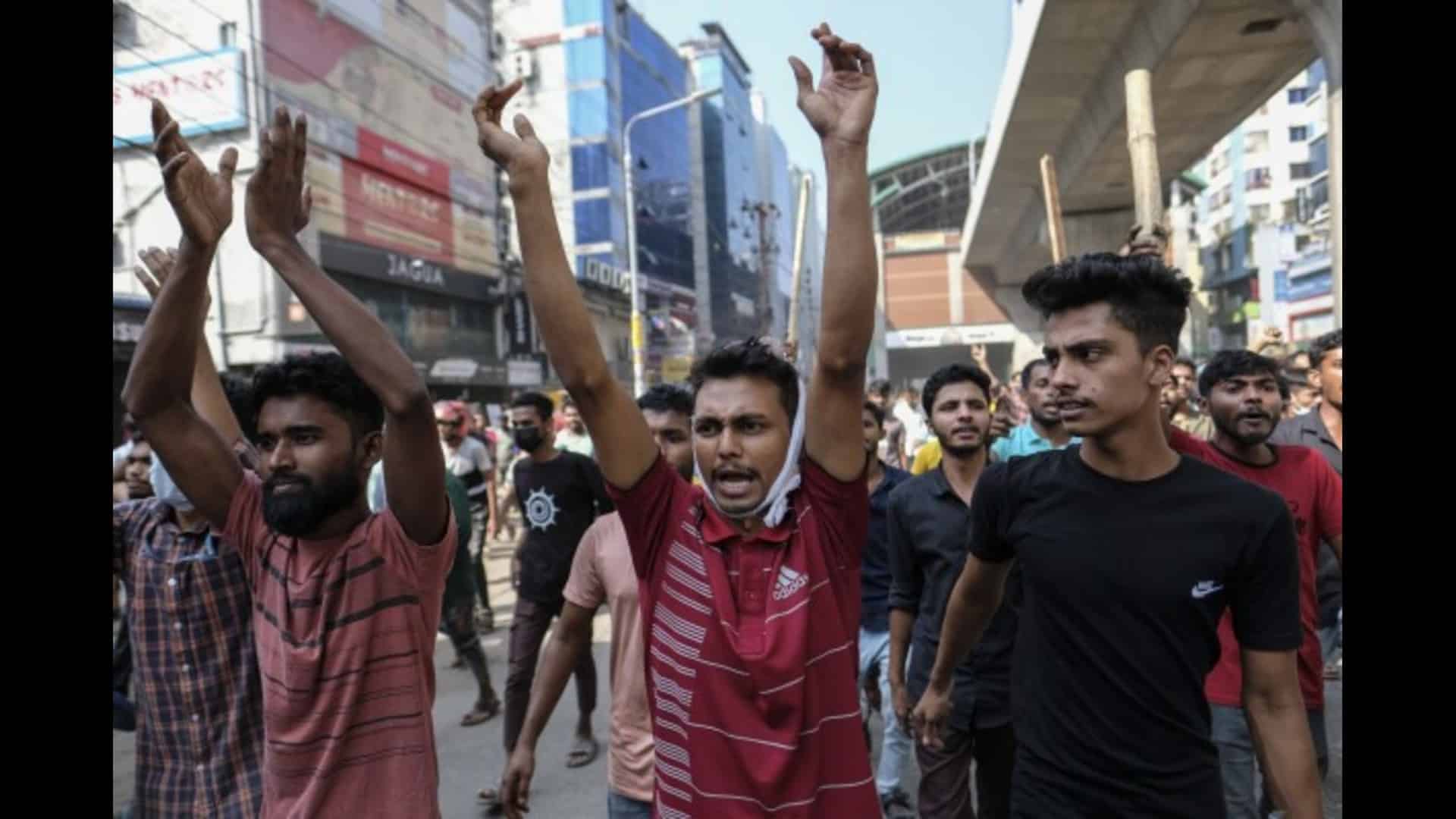Bangladesh has increased the minimum monthly pay for its four million garment workers by 56.25 percent, but this decision has been met with immediate rejection by unions advocating for a near-tripling of the minimum wage.
Bangladesh's 3,500 garment factories play a pivotal role, contributing to approximately 85 percent of the country's annual exports valued at $55 billion. These factories supply some of the world's leading fashion brands, including Levi's, Zara, and H&M. However, the conditions faced by the vast majority of the sector's workforce, which comprises predominantly women, remain dire, with their monthly pay starting at just 8,300 taka ($75).
As a result of the wage disparity, workers have staged strikes and protests, with recent days witnessing violent clashes. Employers had offered a 25 percent increase in wages, while workers were demanding a near-tripling of their earnings.
The minimum wage is determined by a state-appointed board, featuring representatives from manufacturers, unions, and wage experts. According to Raisha Afroz, the board secretary, the new minimum monthly wage for garment factory workers has been set at 12,500 taka ($113).
However, unions swiftly rebuffed this figure, continuing to advocate for a 23,000 taka minimum wage. They argue that their members have been severely affected by ongoing inflation, which reached nearly 10 percent in October, and a cost of living crisis, partly triggered by the taka's depreciation of about 30 percent against the US dollar since early last year.
Kalpona Akter, the head of the Bangladesh Garment and Industrial Workers Federation, expressed her dissatisfaction, stating, "This is unacceptable. This is below our expectations."
The board typically convenes every five years, with the last revision in 2018, when the basic minimum wage was increased from 5,000 taka to 8,000 taka. In addition to the minimum wage, garment workers also receive at least 300 taka per month as an attendance fee.
Tensions have escalated in the lead-up to this announcement, with police firing tear gas at thousands of workers who set a bus on fire outside Dhaka. Similar incidents of violence were reported in the industrial city of Gazipur as around 6,000 workers walked out of their plants to stage protests.




















